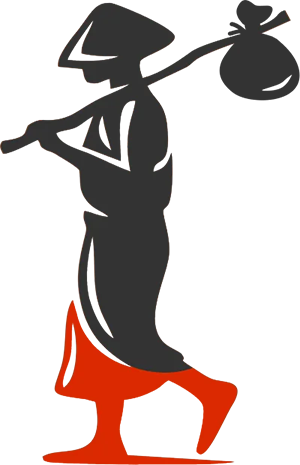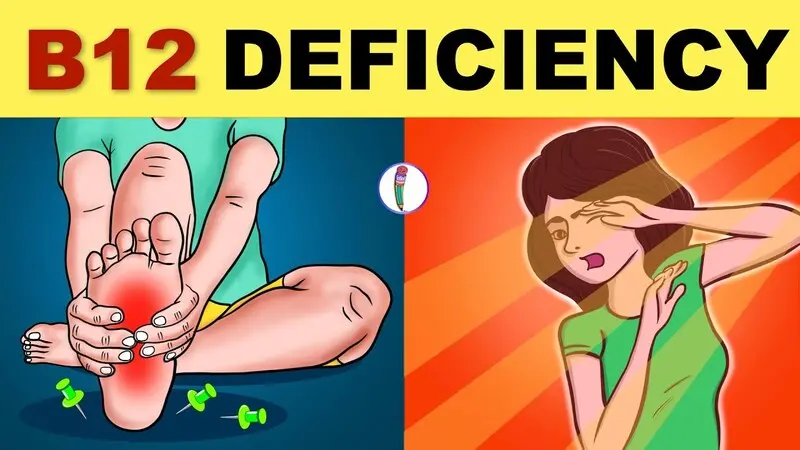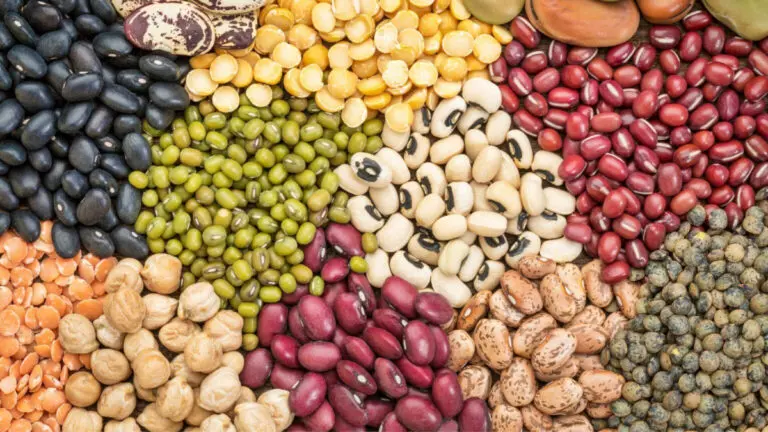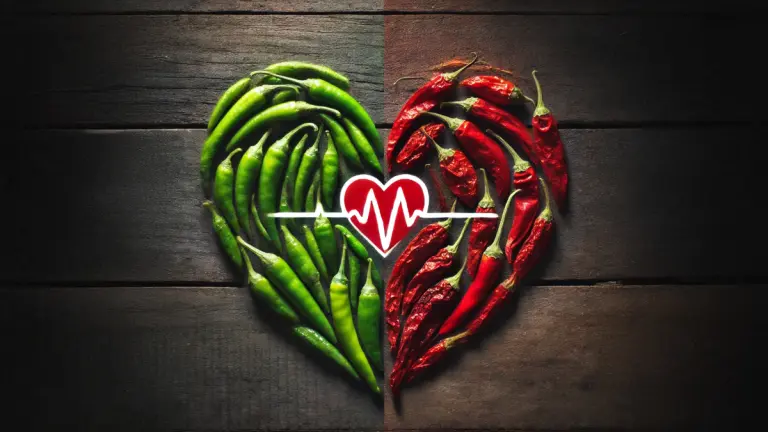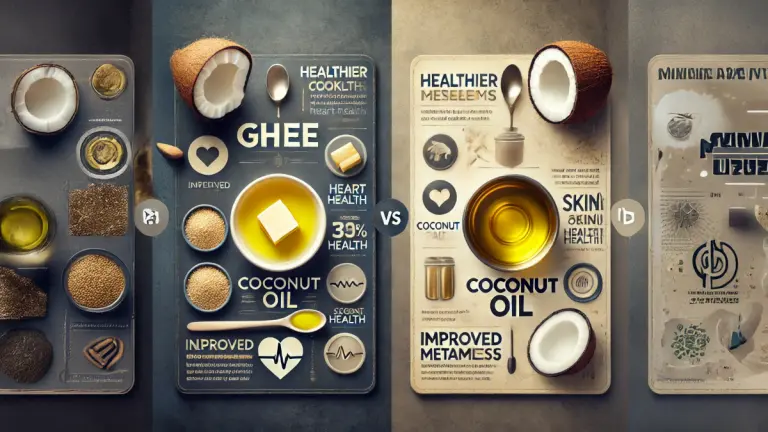Vitamin B12 is an essential nutrient that is required for the proper functioning of the nervous system and the production of red blood cells. A deficiency in this nutrient can lead to a range of health problems, including anemia, nerve damage, and cognitive decline.
In this article, we will discuss five symptoms and warning signs of vitamin B12 deficiency and some foods to eat to prevent or correct this deficiency.
- Fatigue and Weakness: One of the most common symptoms of this vitamin deficiency is fatigue and weakness. This occurs because it is involved in the production of red blood cells, which are responsible for carrying oxygen throughout the body. A lack of it can lead to a decrease in the number of red blood cells, causing fatigue and weakness. If you experience constant fatigue and weakness, it is essential to check your vitamin levels.
- Tingling and Numbness in Hands and Feet: Another common symptom of this vitamin deficiency is tingling and numbness in the hands and feet. This is due to the fact that this vitamin is necessary for the production of myelin, which is the protective coating that surrounds nerves. A deficiency in this vitamin can lead to nerve damage, which can cause tingling and numbness. If you experience persistent tingling and numbness in your hands and feet, you should see a doctor.
- Cognitive Problems: This vitamin is also essential for proper brain function. A deficiency in this nutrient can lead to cognitive problems, including memory loss, confusion, and difficulty concentrating. If you notice that you are having difficulty remembering things or have difficulty with mental tasks, it may be due to a deficiency in it.
- Pale or Yellow Skin: Another symptom of this vitamin deficiency is pale or yellow skin. This occurs because a lack of it can lead to a decrease in the number of red blood cells, causing anemia. Anemia can cause the skin to appear pale or yellow.
- Digestive Problems: It is also necessary for proper digestion. A deficiency in this nutrient can lead to digestive problems, including constipation, diarrhea, and loss of appetite.
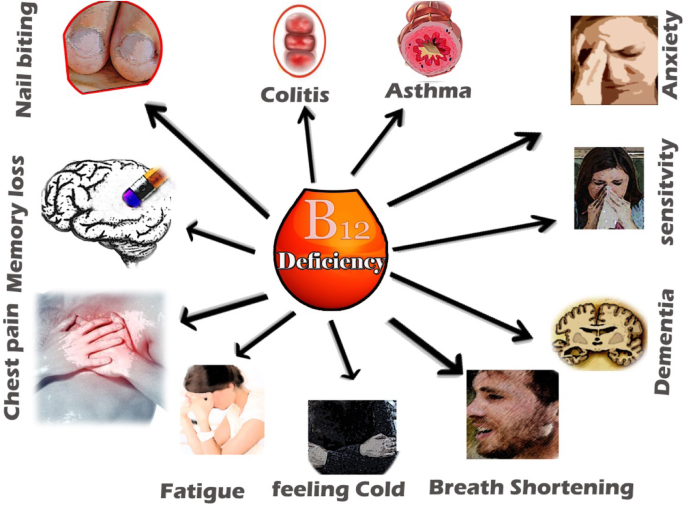
Foods to Eat to Prevent or Correct this Deficiency
If you are experiencing any of the above symptoms, you should see a doctor to check your vitamin B12 levels. To prevent or correct vitamin B12 deficiency, it is important to include foods that are rich in this nutrient in your diet. Here are some foods to eat to increase your vitamin B12 intake:
- Animal products: It is naturally found in animal products, including meat, poultry, fish, eggs, and dairy products. Therefore, adding these foods to your diet can help increase your vitamin B12 intake.
- Fortified Foods: Many cereals, plant-based milks, and other fortified foods are now enriched with vitamin B12. Check the label to see if your favorite brands contain the nutrient.
- Nutritional Yeast: Nutritional yeast is a good source of this and is a great addition to vegan and vegetarian diets.
- Supplements: If you are unable to get enough vitamin B12 through your diet, you can take supplements. Vitamin B12 supplements come in several forms, including capsules, tablets, and liquid drops. However, it is important to speak with a healthcare provider before starting any supplements.
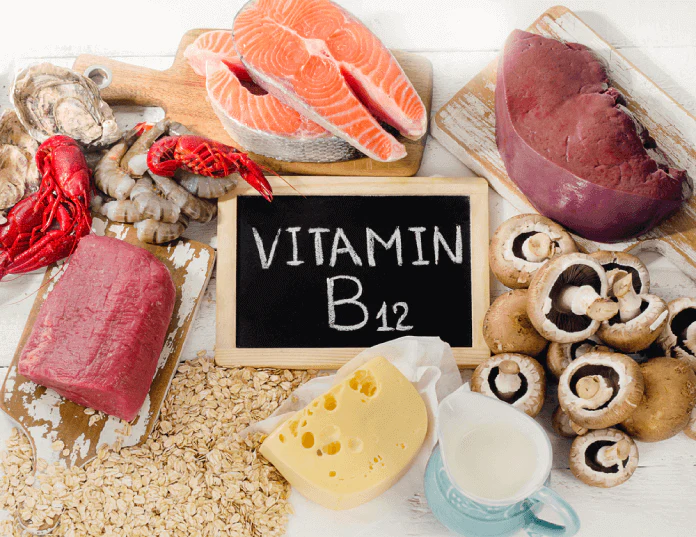
In conclusion, this deficiency is a serious health issue that can lead to a range of symptoms and health problems. If you experience any of the above symptoms, it is important to speak with a healthcare provider to check your vitamin B12 levels. Including foods that are rich in it such as animal products, fortified foods, and nutritional yeast.
(Disclaimer: The information given here is based on general information. Before adopting it, definitely take medical advice. THE MONK does not confirm this.)
